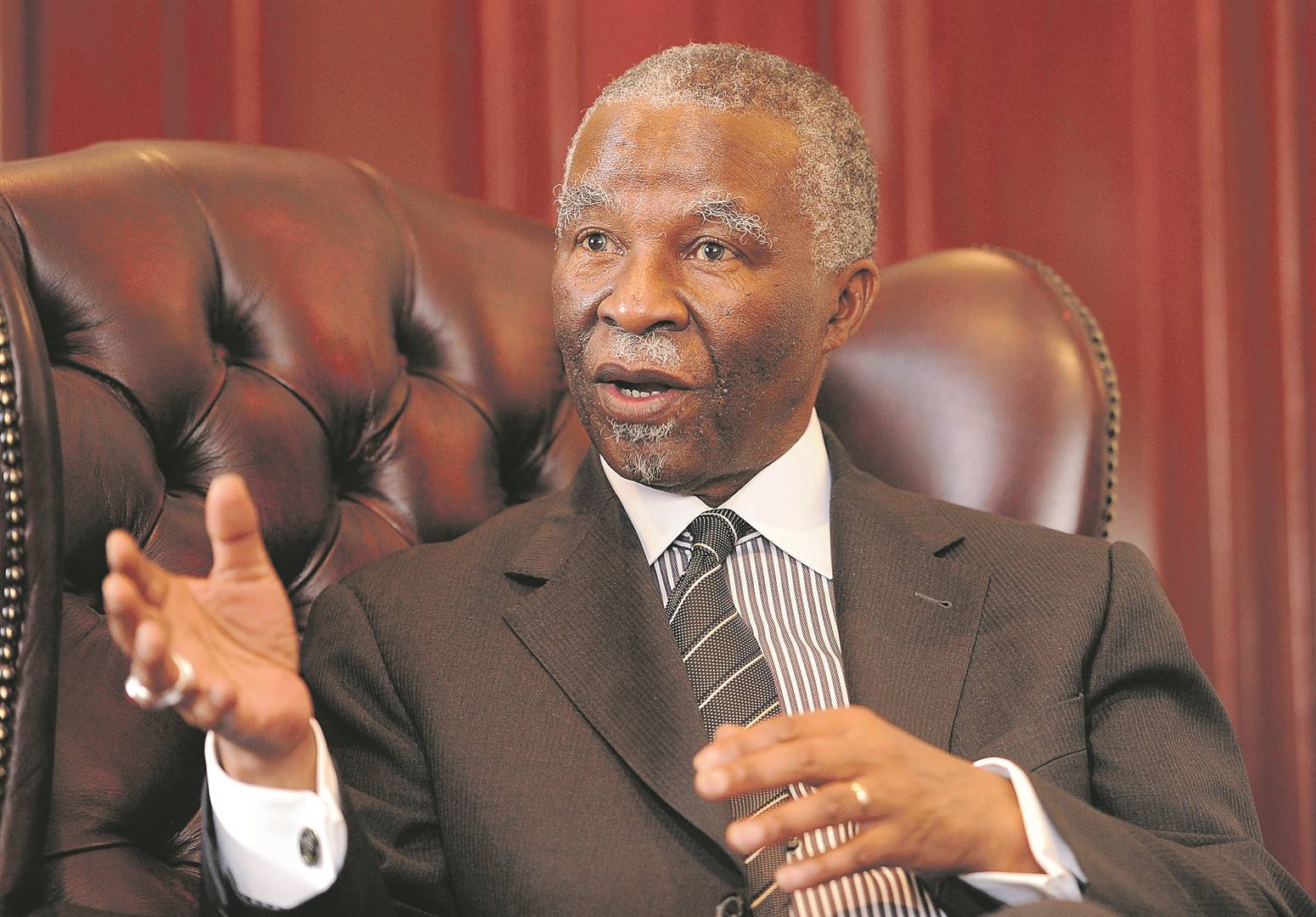Windhoek may soon get a new vocational training centre aiming to relieve Germany’s skills gap.
The City of Windhoek is currently engaged in negotiations with Industrie- und Handelskammer zu Berlin (IHK Berlin – Chamber of Commerce and Industry of Berlin) about the establishment of a vocational training centre in the capital.
Chris Eita, the divisional manager for external relations and networking at the City of Windhoek, has confirmed the ongoing negotiations.
The centre is aimed at relieving Germany’s lack of skilled workers by training young Namibians for the German labour market.
An agreement on this is to be signed in Windhoek in November.
IHK Berlin president Sebastian Stietzel told German news agency dpa that novel approaches are necessary to close the growing labour force gap in Germany.
Berlin alone will lack hundreds of thousands of qualified workers in the next 10 years, he says.
Initially, the school will focus on business services and the hospitality industry, as well as industrial mechanics and trades and crafts. The training will be conducted in English.
Students at the centre will be tested according to German standards and will also be taught German, according to IHK Berlin.
“Lengthy recognition procedures are therefore no longer necessary, and the trainees can move from Windhoek to Berlin immediately after passing their exams and be integrated in the local labour market,” the chamber says.
NO ‘BRAIN DRAIN’
It says a ‘brain drain’ will be avoided as they don’t expect all trainees to be willing to immediately go to Berlin.
“The German embassy welcomes the fact that the positive experiences of the German dual vocational training system can also be used for Namibia,” spokesperson Gundula Perry says.
A number of public and private institutions in Germany are pursuing similar initiatives to plug the labour force gap with workers from abroad.
Germany’s federal government signed a migration deal with Kenya in September, aiming to increase the number of Kenyans working in the European country.
The new vocational school is supported by the Ministry of Industrialisation and Trade, as well as the Berlin senate, which is the government of the German city.
The Goethe Institute’s Windhoek office will likely be involved too.
CITY PARTNERSHIP
Windhoek and Berlin have long cooperated on a range of issues, including arts and culture, energy, education and sport. The two capitals will celebrate 25 years of city partnership in 2025.
With the new vocational school in Windhoek, the IHK Berlin also aims to tackle youth unemployment and improve educational outcomes in Namibia.
Sharonice Busch, the executive chairperson of the National Youth Council of Namibia, says the council welcomes the plan to establish a new vocational school in Windhoek.
“This initiative comes at a very opportune time. Skills-based institutions are critical in ensuring we are able to turn our youth into productive citizens,” she says.
“We need to make sure the Namibian education system is responsive to the needs of young people. Vocational training is extremely important for that,” she says.
Close to 40% of Namibian youth are unemployed, according to the African Development Bank’s Country Focus Report 2024.
A high youth unemployment rate is one of the most pressing matters facing the country, and is also an important topic in the ongoing election campaigns.
ELECTION PROMISES
As such, Swapo has dedicated a full chapter of its election manifesto to youth empowerment.
In the document, the party has announced a budget of approximately N$85.7 billion to be allocated over five years for the creation of mass employment opportunities.
The Independent Patriots for Change (IPC) in its election manifesto has set the goal of halving youth unemployment within five years.
Moreover, the IPC wants to ensure that 80% of students are gainfully employed within a year of graduating from school or university. The party aims for 90% of Namibian youth being either in education, employment, or training by 2028.
The creation of jobs for the youth and the establishment of more vocational training centres are also goals set out in the government’s long-term development plan, Vision 2030, as well as the late president Hage Geingob’s Harambee Prosperity Plan II.
Vision 2030 calls for the establishment of vocational schools in all 14 regions.
As of 2024, public vocational training centres have been inaugurated in all regions except Oshikoto, where plans are underway for the construction of a public vocational school in Omuthiya, according to the Ministry for Higher Education, Technology and Innovation.
Stay informed with The Namibian – your source for credible journalism. Get in-depth reporting and opinions for
only N$85 a month. Invest in journalism, invest in democracy –
Subscribe Now!










